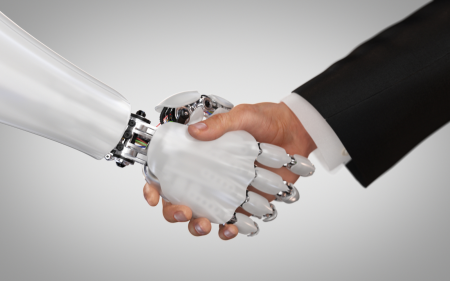Huawei’s fate has been up in the air for quite some time, and there’s no sign that it’ll be touching the ground any time soon. The last deadline came and went, being replaced with another 90-day period of uncertainty. Now it looks as though we might be in for some consequences. Huawei is set to reveal its Mate 30 flagship in Germany in September but, as matters stand now, it’s not going to be able to offer user access to Google apps and services.
Well, now what?
 Reuters reports that Google has bad news for prospective Mate 30 owners. The company told the news agency that Huawei’s Mate 30 “…cannot be sold with licensed Google apps and services” as a result of the American ban on the company. And, unfortunately, the current reprieve doesn’t include new smartphones. Only those already on the market. Since Google isn’t allowed to do any new business with the Chinese smartphone maker and selling Android counts as business… you get the idea.
Reuters reports that Google has bad news for prospective Mate 30 owners. The company told the news agency that Huawei’s Mate 30 “…cannot be sold with licensed Google apps and services” as a result of the American ban on the company. And, unfortunately, the current reprieve doesn’t include new smartphones. Only those already on the market. Since Google isn’t allowed to do any new business with the Chinese smartphone maker and selling Android counts as business… you get the idea.
It’s possible for companies in the States to apply for a license to do business with companies affected by the Entity List. However, Google hasn’t indicated whether they have applied for any with regards to Huawei. Some 130 applications have been made to sell goods to Huawei, reports Reuters, but none of those applications have been granted. The end result is an uncertain situation all-round. Huawei doesn’t yet know whether it’ll be able to offer Android to its users, Google may not know whether it’ll be permitted to sell its mobile OS to the Chinese company again, and we all have no idea whether we’re going to want Huawei’s newest phone. We’re all but certain the hardware will be top-notch but without good old Android…?
Whatever the outcome, Huawei’s forging ahead. As we’d expect, they’re not about to toss several years of R&D in the bin because of an orange toddler. Spokesman for Huawei Joe Kelly said “Huawei will continue to use the Android OS and ecosystem if the U.S. government allows us to do so. Otherwise, we will continue to develop our own operating system and ecosystem.”
Source: Reuters




